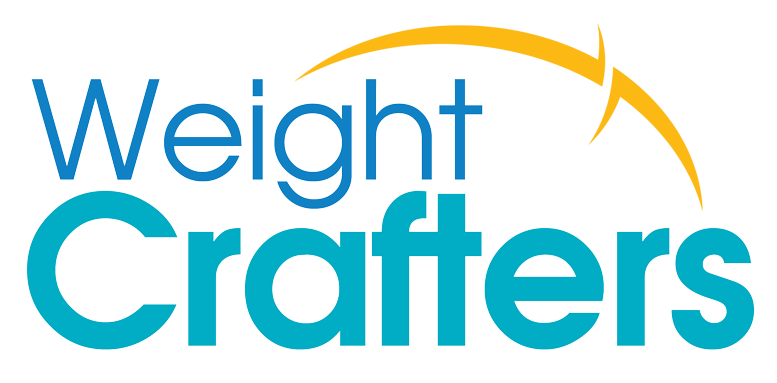What is Overlearning?
Online Glossary / Quick Reference
Practicing a skill beyond what is necessary to learn the skill; used to overcome existing undesirable movement patterns or for rehabilitation.
About Overlearning
Overlearning refers to the practice of continuing to practice a skill beyond the point of initial mastery. This technique is often employed to reinforce the learning of a skill, ensuring it is retained and can be performed with consistency and accuracy. Overlearning is particularly useful for overcoming existing undesirable movement patterns and in rehabilitation settings to solidify new motor skills.
Benefits of Overlearning
- Skill Retention: By practicing a skill extensively, it becomes ingrained in muscle memory, making it easier to perform the skill accurately even after periods of inactivity.
- Error Reduction: Continuous practice helps to eliminate errors and refine technique, leading to more precise and efficient performance.
- Consistency: Overlearning ensures that a skill can be performed consistently under various conditions, enhancing overall reliability and confidence in execution.
- Adaptation to Stress: Skills that are overlearned are more likely to be performed correctly under stress or pressure, which is crucial in competitive and high-stakes environments.
Applications of Overlearning
- Rehabilitation: In physical therapy, overlearning helps patients relearn and solidify motor skills that may have been lost due to injury or illness, ensuring better recovery outcomes.
- Sports Training: Athletes use overlearning to perfect techniques and movements, reducing the likelihood of errors during competition and enhancing performance.
- Skill Acquisition: Learning complex skills, such as playing a musical instrument or mastering a new language, benefits from overlearning to ensure long-term retention and fluency.
- Military and Emergency Training: Personnel in high-pressure roles use overlearning to ensure that critical skills are performed accurately and automatically in emergency situations.
How to Implement Overlearning
- Set Clear Goals: Define the specific skills or movements that need to be overlearned and establish measurable milestones for progress.
- Practice Beyond Mastery: Continue practicing the skill even after achieving initial proficiency, focusing on repetition and refinement.
- Use Varied Conditions: Practice the skill in different environments and under varying conditions to enhance adaptability and robustness.
- Monitor Progress: Regularly assess performance to ensure that the overlearning process is leading to improvement and not causing fatigue or burnout.
Common Mistakes to Avoid
- Overtraining: Balance is key; excessive practice without adequate rest can lead to fatigue and injury. Ensure sufficient recovery periods are included.
- Mindless Repetition: Focus on deliberate practice rather than simply repeating the skill. Pay attention to technique and form during each repetition.
- Lack of Variation: Introduce variability in practice conditions to prevent monotony and enhance the skill's adaptability to different scenarios.
- Ignoring Feedback: Continuously seek and incorporate feedback to refine the skill and correct any persistent errors or inefficiencies.
Overlearning is a powerful tool for mastering skills and ensuring their retention, particularly useful in contexts requiring high precision and reliability, such as sports, rehabilitation, and high-pressure professions.
© 2007-2025 Weight Crafters, LLC. All Rights Reserved.


